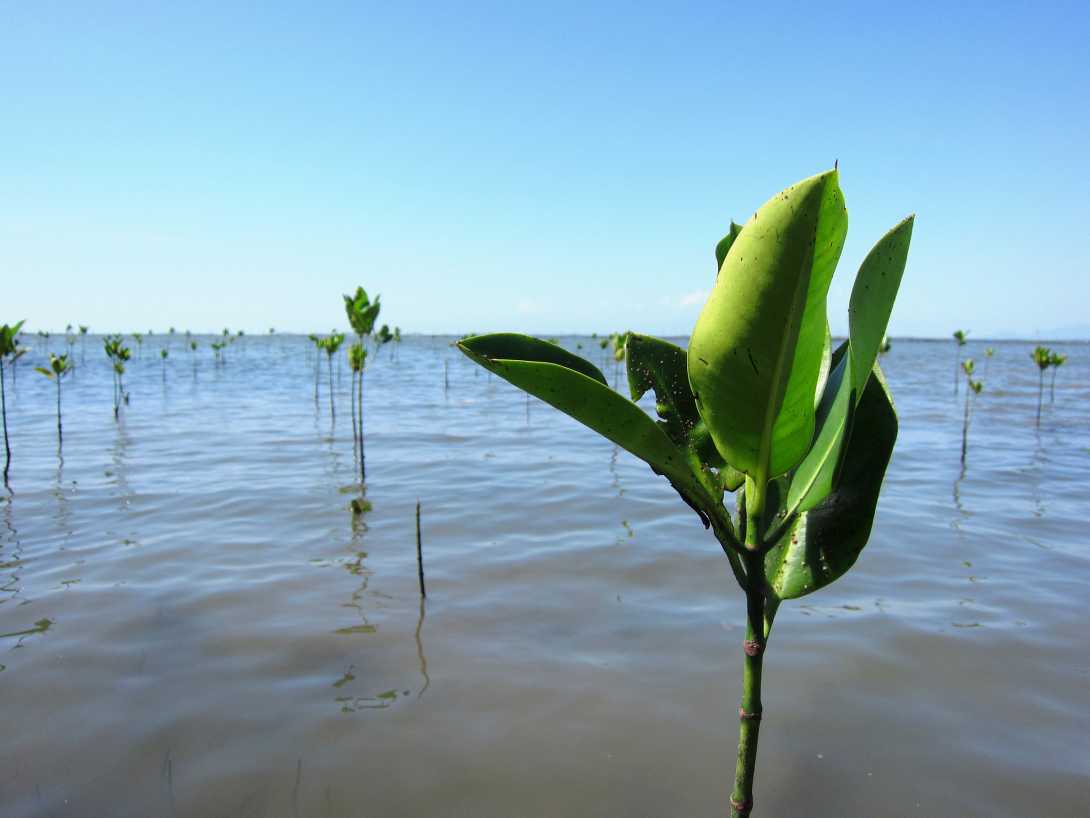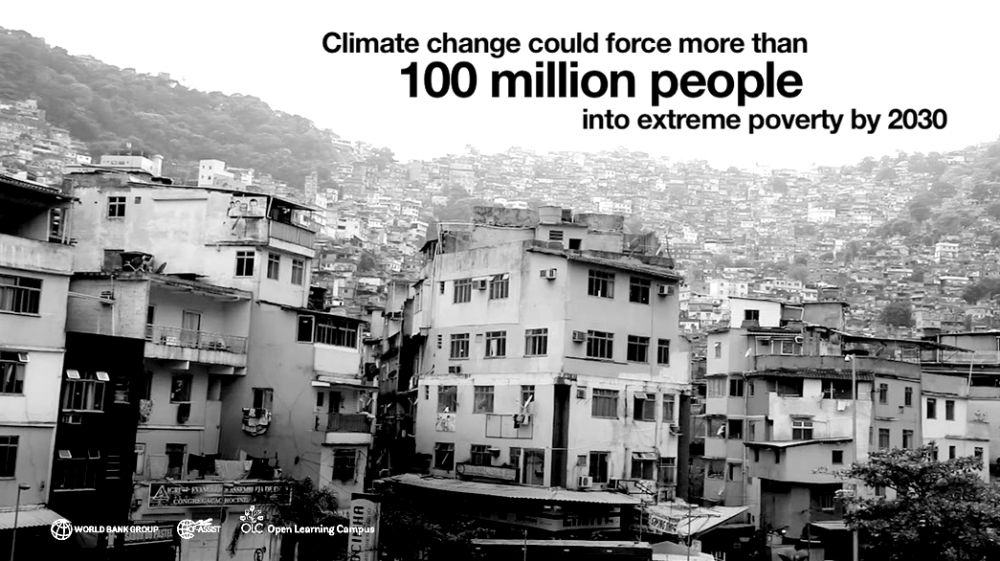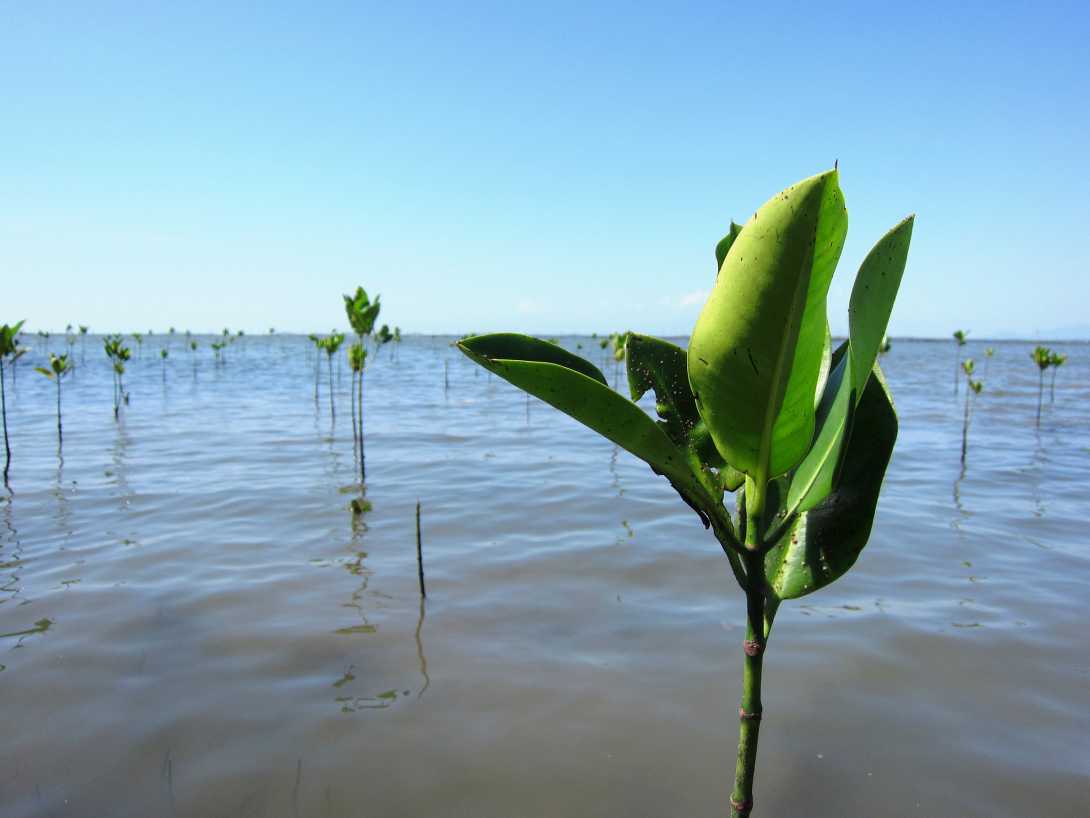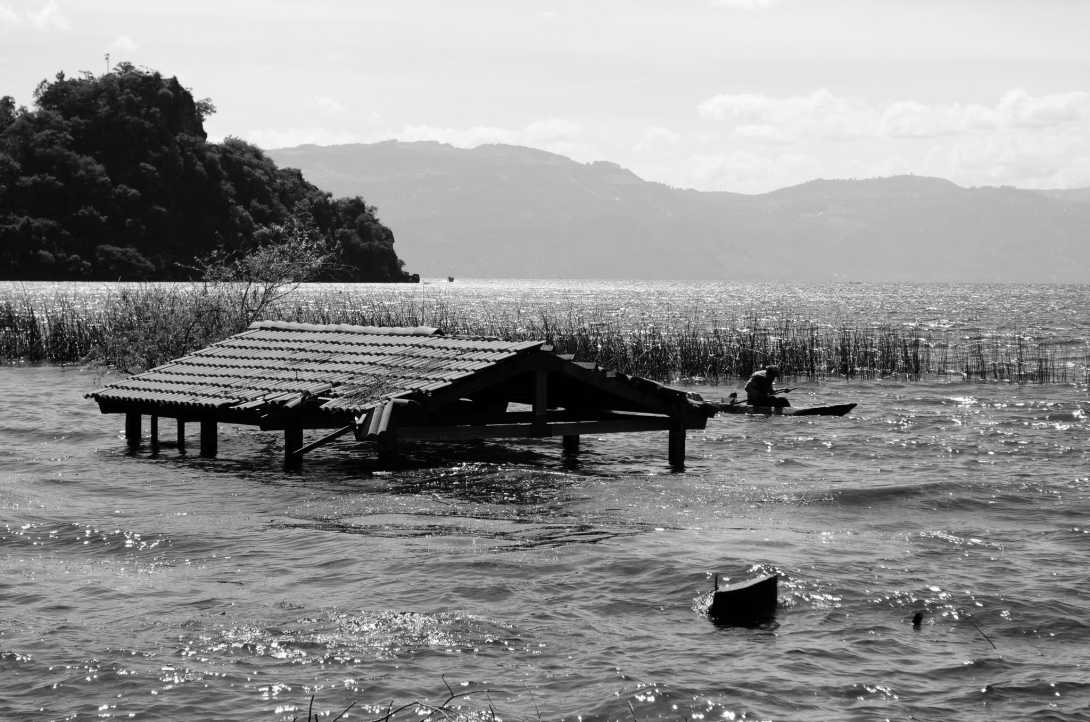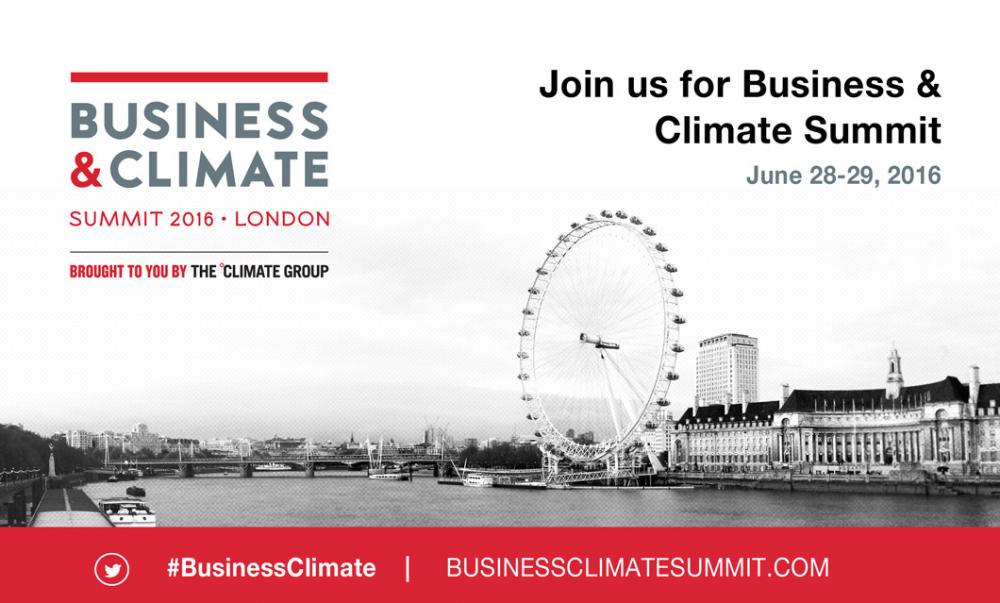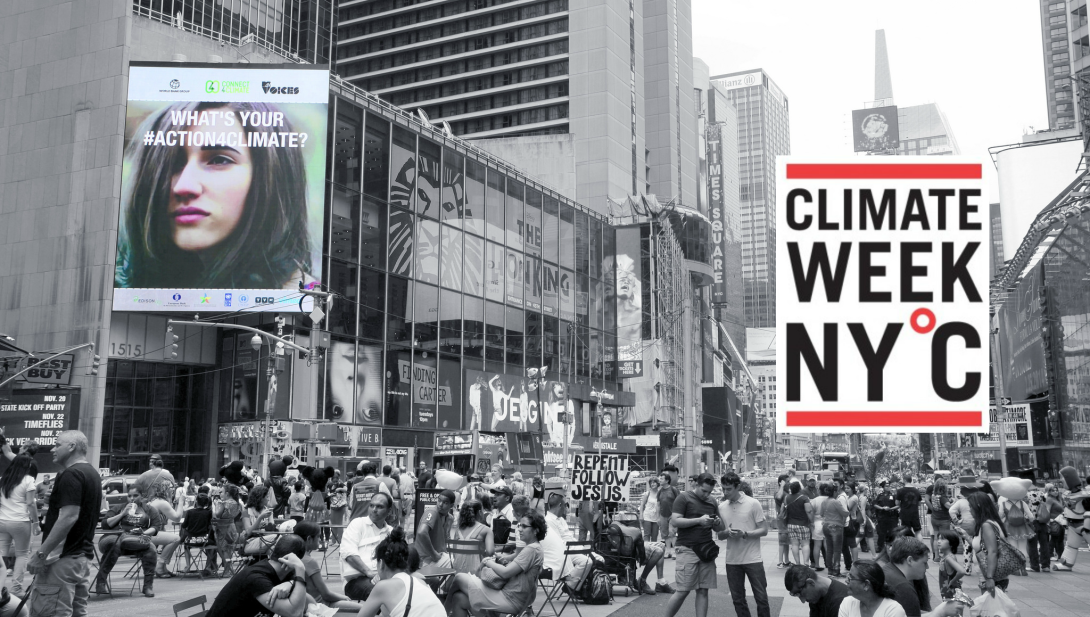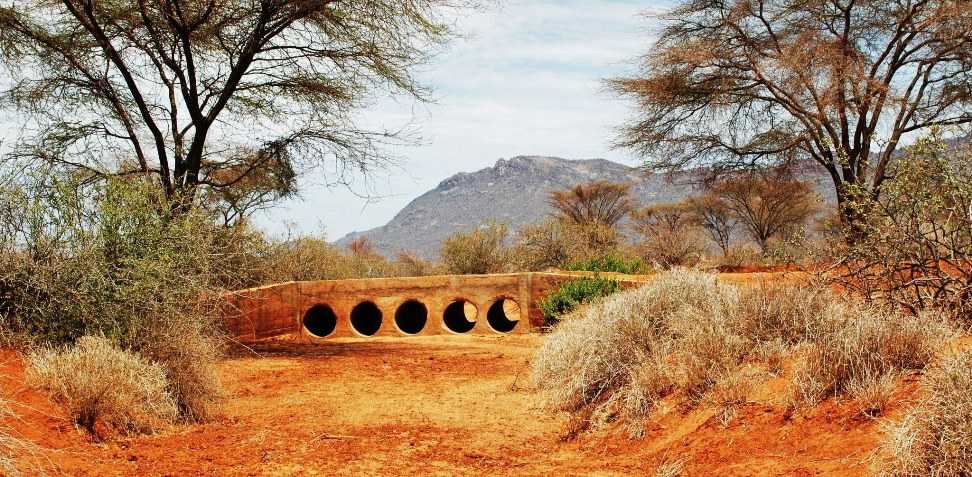
In New York, on April 22, governments will sign the new Paris Climate Change Agreement en route to it coming into force as millions of people around the globe mark annual Earth Day, or International Mother Earth Day.
Earth Day’s theme this year is focused on trees with the aim of mobilizing nearly eight billion plantings, or one for every man, woman and child alive by 2020—together we can maybe do it sooner! The link between the Paris Agreement and trees is clear—forests will be key allies for combating climate change and meeting the long term goal of restoring the ecological balance of planet Earth by the second half of the century.
Trees and forests are also crucial for assisting efforts to meet the new Sustainable Development Goals given their role is absorbing carbon, cleaning and cooling the air; acting as natural water pumps to sustain river flows; stabilizing soils; recycling nutrients for agriculture and supporting habitats for wildlife to name just a few of their gifts to humanity.
So let’s get planting now, in the run up to April 22 and beyond.
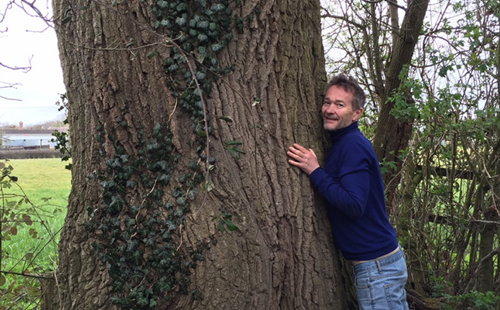
You can also simply hug your favorite tree, like UNFCCC spokesperson Nick Nuttall. Photo Credit: UNFCCC.
Our asks are simple, we want to create a buzz around the signing of the Paris Agreement; let governments know that everyone is right behind them while making a very practical difference on the ground in terms of a healthier, less risky world.
We are asking everyone to do one or all of three things:
1) Plant a tree for the Paris Agreement signing and maybe attach a little plaque
2) Hug a tree for the Paris Agreement signing
3) Sketch or photograph your favorite tree for the Paris Agreement signing
Then post images and texts about your good work on Facebook, Twitter or any other social media network using the hashtags #ParisAgreement and #Trees4Earth, along with #EarthDay2016 if there is space.
Go the Earth Day web site and register your event and learn about more cool things you can do.
And tell governments, local authority leaders, business leaders, friends and family why you have done it and get them on board—you could even use the hashtags #ParisAgreement #Means4Me when writing to them.
Join Earth Day Network’s 'Trees for the Earth’.

